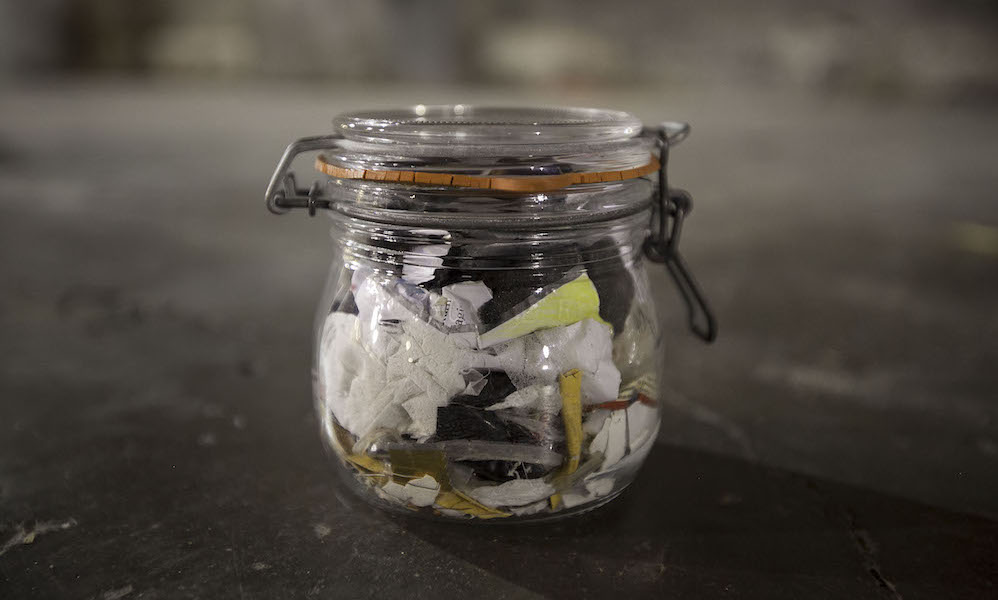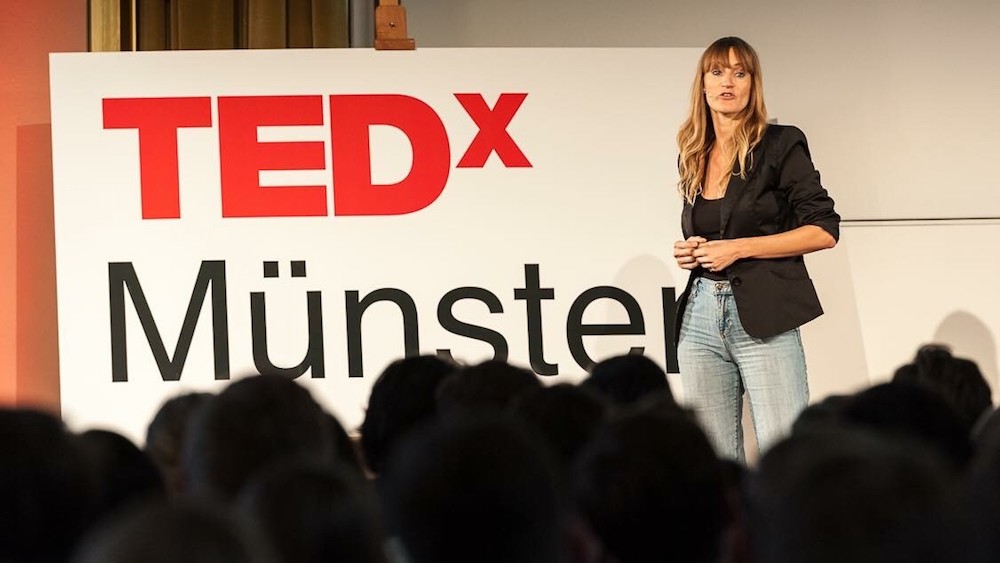We all have control over what we put in the recycling bin. But once recyclable items leave our home, do we really know what happens to them?
When I started learning more about the items that can and cannot be recycled, I felt great. I was recycling more and sending less waste to landfill. I was separating paper stickers from aluminium cans and revelling in the glory of a cleansed conscience. Little did I know though, that recycling was not the answer to saving the planet.
It's undeniable that we have a growing waste problem, Americans alone send between 250 and 400 million tonnes of waste to landfill each year. Although recycling habits have improved in recent decades, in these same decades global population has grown exponentially and so has the energy requirements of recycling plants.
Bea Johnson, author of Zero Waste Home believes that recycling less may in fact help us to reduce waste and greenhouse gas emissions. According to Bea, recycling systems are unresolved.
“Recycling lacks regulations to coordinate the efforts of manufacturers, consumers, municipalities and recyclers across the globe.”- Bea Johnson

In 2016, Bea's family of four produced enough waste to fill this pint-sized jar. [Image source: Zero Waste Home Credit: Cristovão@Exposed]
Unfortunately the items that we put in our recycling bins aren't always recycled. In a recycling plant, the decision to recycle an item hinges entirely on the demand for that product. Many businesses find that it's cheaper to purchase newly produced plastic than to purchase recyclables, which is why many of the items that we throw in the recycling bin are often left idle. Even the items that are lucky enough to be recycled are often transformed into products that are no longer recyclable.
In her TEDTalk, Bea outlines the importance of using our buying power to consume sustainably. If we can use our buying power in the right way, we can each successfully live a zero waste life, eliminating the need to recycle.
“Every time we make a decision, we have the power to support a practice that is either sustainable or one that is not.”- Bea Johnson

[Image source: Zero Waste Home Credit: TEDx Muenster]
Bea summarises her guidelines to living a zero waste life into three simple steps.
- Eliminate single-use from your life
- Buy without packaging
- Say 'no thanks' to freebies
Watch the full TEDTalk to learn more:
Although recycling is by no means a solution to our growing waste problem, before going zero waste, it is an important course of action for items that we simply cannot reuse. Starting on the journey towards zero waste can be daunting, but by reducing consumption and carefully deciding how our dollars are spent, we can better understand our personal impact on the planet and work towards a more sustainable life.
Read this next: 5 Essentials for a Zero-Waste Shopping Kit
We're in a climate emergency and it's going to take all of us to get out of it. That's why 1 Million Women is building a global community of women committed to fighting climate change with our daily actions. To join the (free) movement just click the button below!

